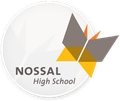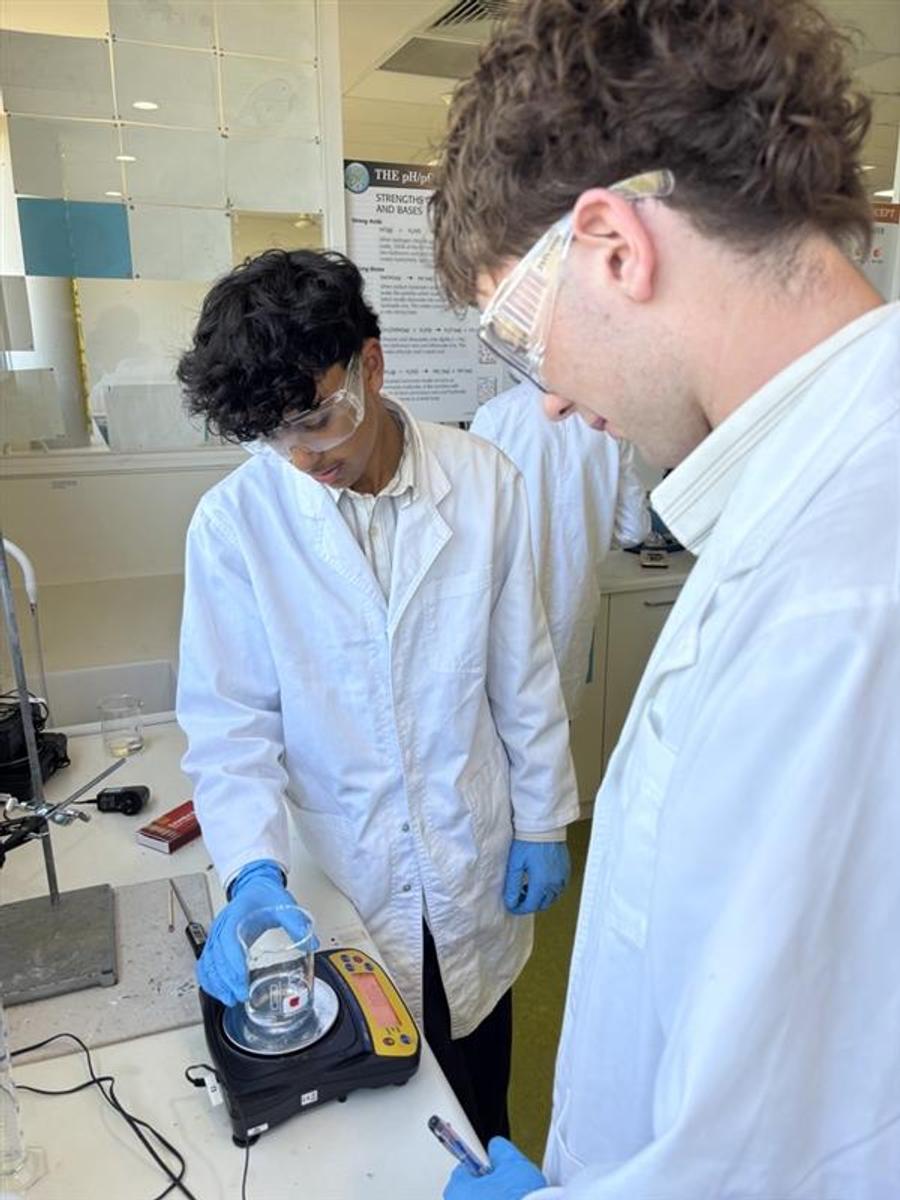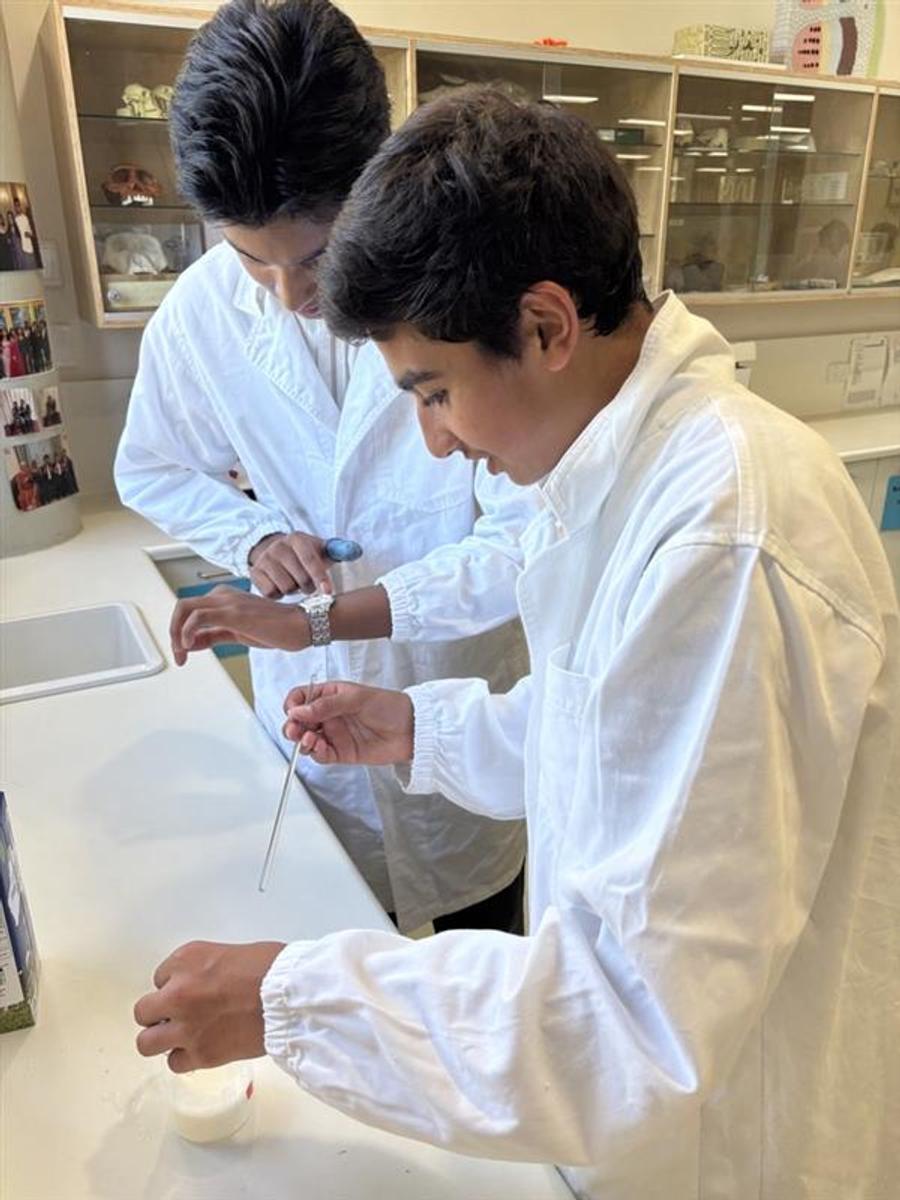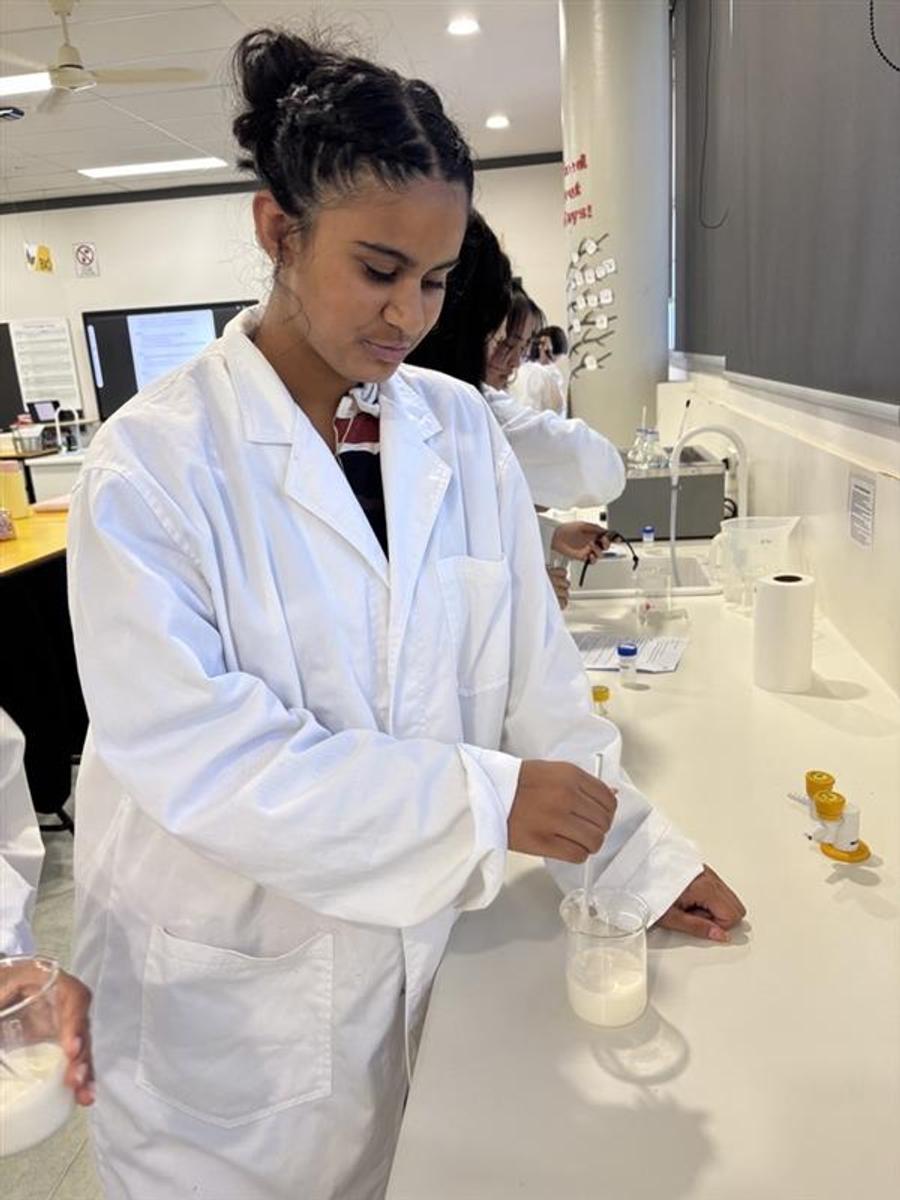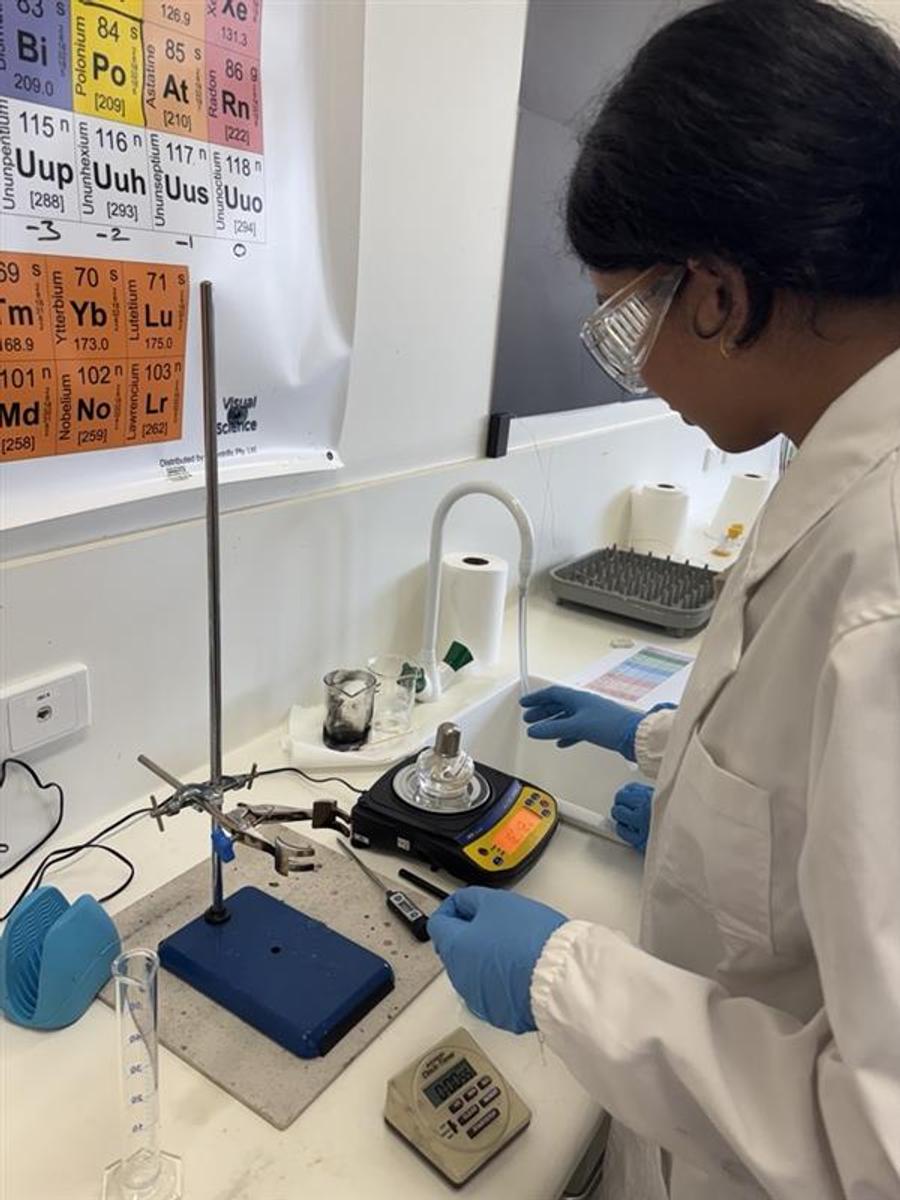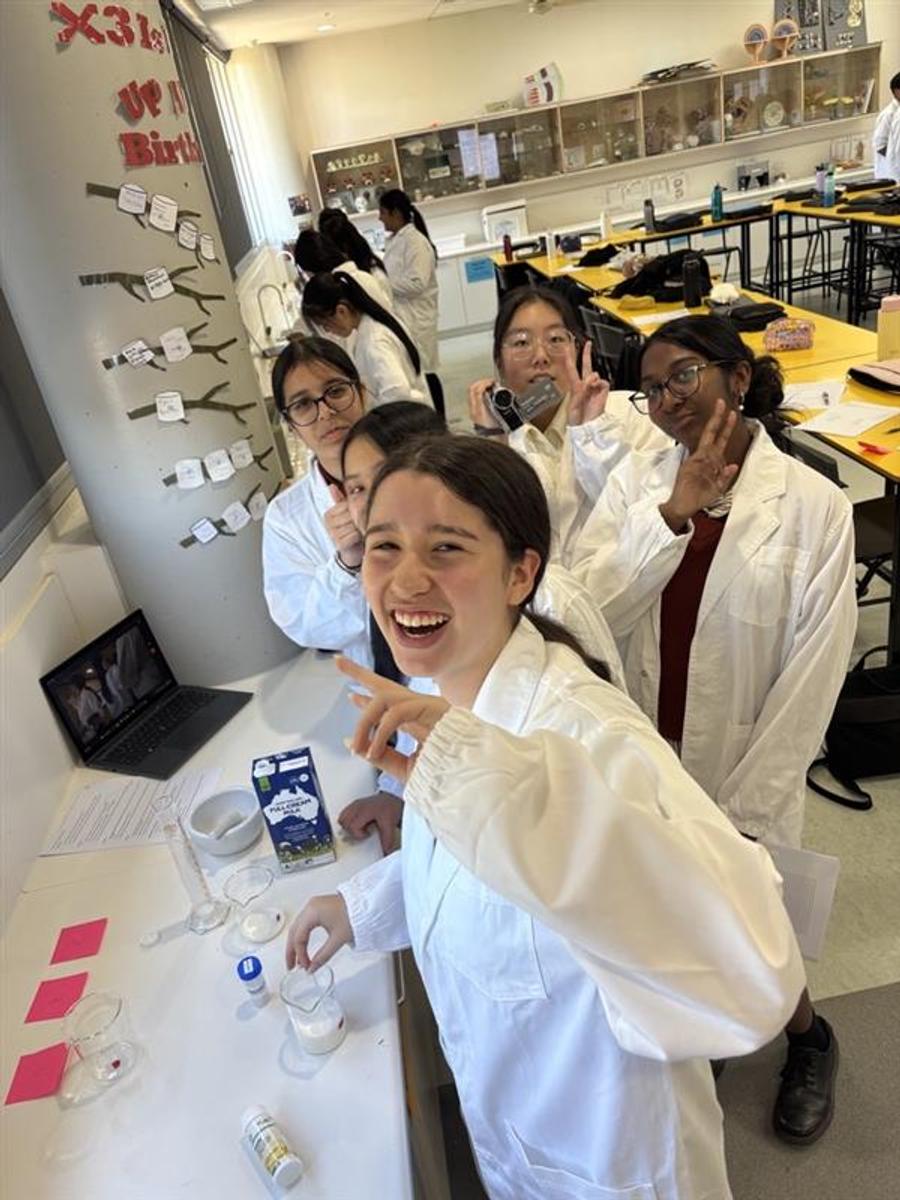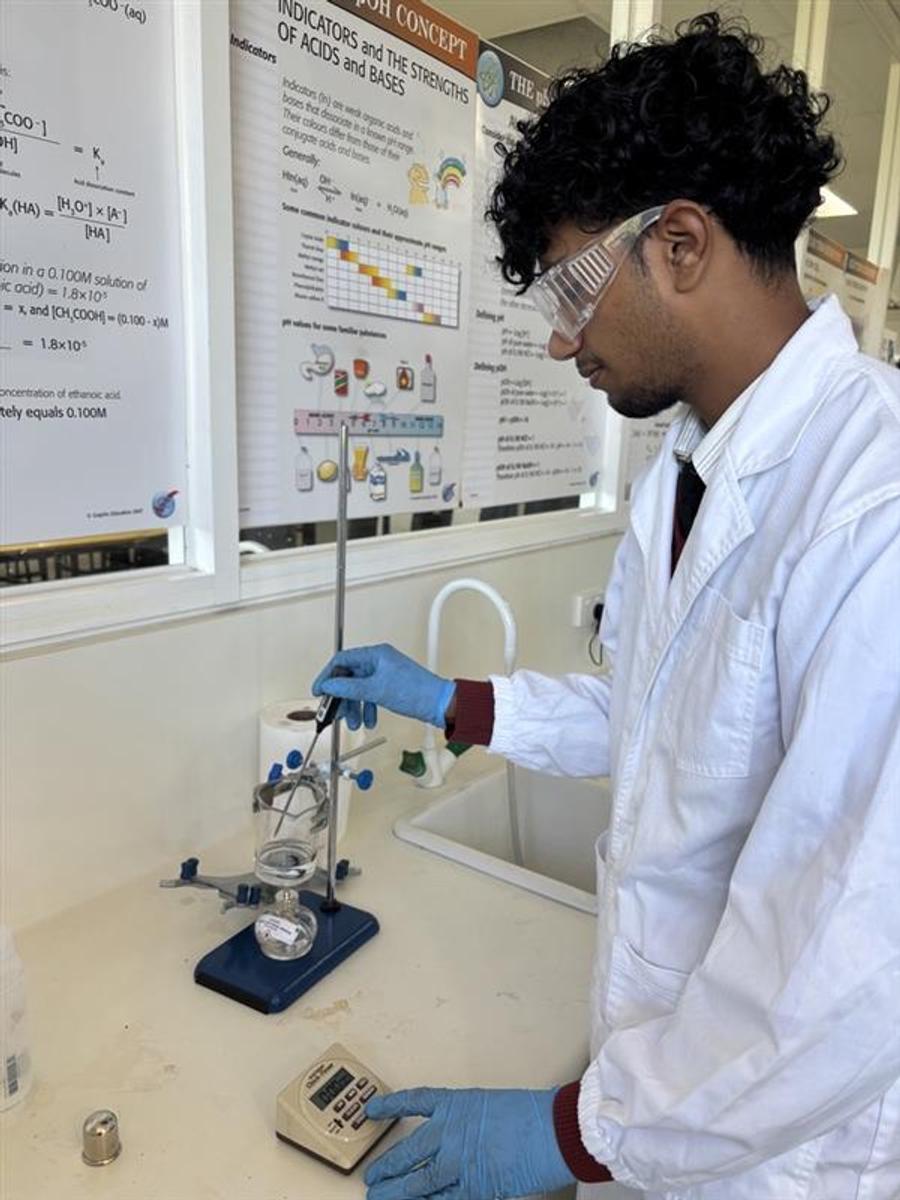Science News

Unit 3 Chemistry: Investigating the heat of combustion in chemistry
As part of the Unit 3 Chemistry course, over the last week, students have been conducting an experiment to compare the combustion of two different fuels - kerosene and ethanol. By measuring the heat released when each fuel is used to heat water, the class can determine and compare their heats of combustion. This experiment also highlights how modifications to experimental setups can improve accuracy and reliability in scientific investigations.
Jack C – Year 12
Unit 1 Biology: Investigating the action of lactase enzyme
All Unit 1 Biology classes have completed an interesting and engaging experiment investigating how the enzyme lactase broke down the substrate lactose into glucose and galactose. This experiment promoted teamwork, allowing us to explore how the concentration of the enzyme and temperature influence the amount of glucose concentration that is produced in every solution. To validate our results, we tested the concentration of glucose in every solution using Diastix, which showed that the larger the enzyme concentration, at a constant temperature, the higher the glucose concentration would be produced, as the enzyme can work at its optimum. As we embark on our journey into one of the most interesting sciences that describe the life around us, there is no other way to begin but to conduct our own simple experiment.
Arjun P - Year 10
Although not associated with Nossal, the following programs are now open for students to apply or sign up. Each of these programs is a chance for students to try their hand at real-life science and research.
- School of Mathematics and Statistics Research Challenge (Melbourne University)Students will be given a set of open-ended research problems from which they choose one. They can then employ methods used by mathematical researchers to investigate their problem; they can gather data, simplify, visualise, hypothesise, conjecture and prove. The aim of the challenge is to allow students to use their creativity and problem-solving skills to make choices about how best to ask and answer questions about their chosen project. As teamwork is a valuable and essential skill for research, students are encouraged to participate as part of a team which will provide opportunities to reason and work collaboratively with others. Students may participate individually if they wish.
The challenge is free to enter, and no prior registration is required.
For more information, visit https://ms.unimelb.edu.au/engage/outreach/mathematics-and-statistics-research-challenge
- Young Women in Aerospace Defence Program (RMIT)
This program is the flagship initiative of the STEM College, hosted by the Sir Lawrence Wackett Defence & Aerospace Centre. This immersive 5-day experience is designed for high school girls across Victoria, empowering them with hands-on learning in cutting-edge aerospace and defence technologies. Participants engage in dynamic workshops, interact with industry experts, and explore exciting career pathways in STEM fields.
This program runs during the school holidays. To watch a video explaining the program visit: https://www.rmit.edu.au/defence-aerospace/education-outreach
How to apply:
Step 1: Create a 2-minute video explaining why you should be selected.
Step 2: Upload to YouTube – Set your video as UNLISTED for privacy.
Step 3: Send Your Application – Email the YouTube link to wackettstemprogram@rmit.edu.au.
Application Deadline: 14 March 2025.
- Advanced Chemistry for Year 11 Students
This comprehensive program covers all Year 12 Chemistry concepts and selected first-year university topics and serves as a fantastic extension program for Year 11 students, offering an invaluable opportunity for academic growth and achievement.
Sessions run on Wednesday evenings 5:30-7:30pm, from 19 March - 23 July (excluding School/Public Holidays). The program will be taught in-person at the University of Melbourne campus with live-streaming and class recordings available. Note that this program has a cost of $330.
For more information visit: Chemistry Olympiad Training Program 2025 | CEA
